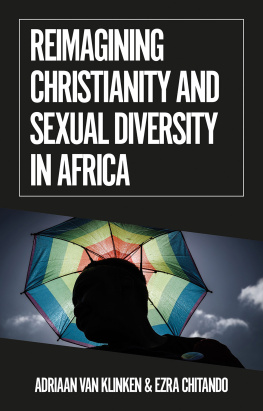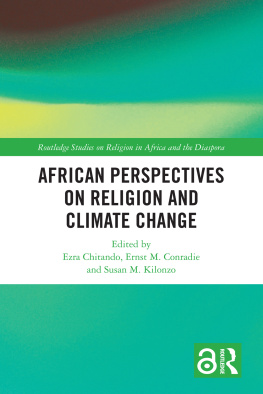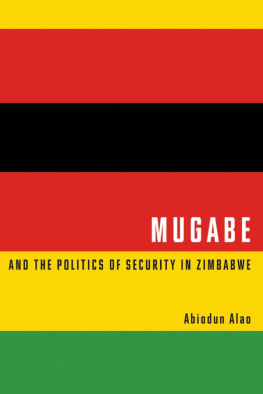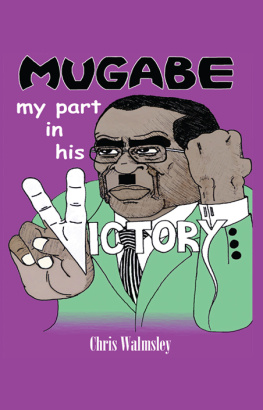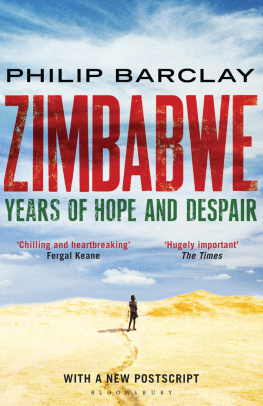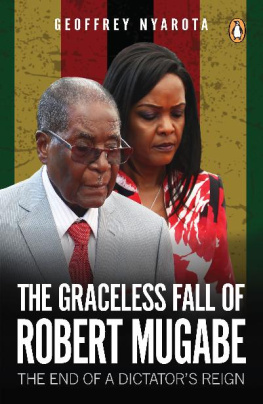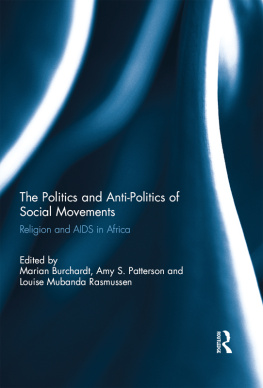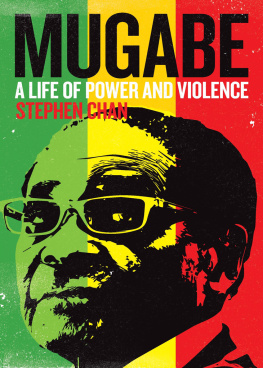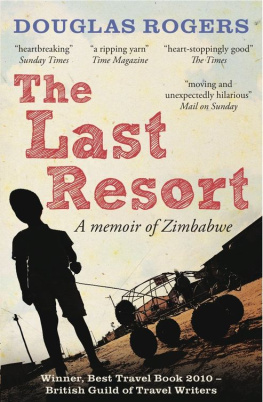Introduction
Robert Gabriel Mugabes tenure at the helm of Zimbabwe (19802017) was quite eventful. During this period, Mugabe gained both stature on the global platform and notoriety for his refusal to step down due to old age and a worsening economic crisis. On Tuesday, 21 November 2017, Mugabe was forced to resign after the military had moved in, thereby bringing to a close a political career that had dazzled as much as it had blinded. Even after his death at a hospital in Singapore on the 6th of September 2019, Mugabe continued to divide opinion. For Mugabes followers (some of whom were fanatical, see later), loyalists, apologists and sympathizers, he was the unflinching revolutionary who spoke on behalf of the oppressed people of Zimbabwe, Africa and the whole world. As I argue later, in their scheme, he was the god who sought to set all the captives free (cf. Luke 4: 1620). However, for Mugabes critics, he was an unrepentant dictator who descended on his opponents while hiding behind high-sounding rhetoric. Mugabe never brought neutrality: either one was on his side or one was on the other side! Significantly, this divisive nature of Mugabes personality and politics continued to be felt beyond his removal from office. There are many who miss his ideological consistency and clarity of argument. There are equally many who are happy that he is no longer at the helm in Zimbabwe or active in international relations.
Particularly after his election in controversial circumstances in 2013, Mugabe epitomised the complex interplay between politics and religion. It is mainly this period (20132017) that is the focus of this volume, although earlier developments are also covered in some chapters. While a number of studies have focused on how the drama of politics and religion was played out during Mugabes leadership (see for example, Vengeyi 2011; Chitando 2013; Mutsendekwa 2018), there is need for more in-depth analyses of the extent to which Mugabe (and his loyalists/elaborators) deployed religion in his quest to retain power or to influence his succession. Reflections on how the media projected the interface between politics and religion during Mugabes tenure are helpful in this regard (Muromo 2018). Similarly, earlier work by scholars such as Maxwell (2000) provides valuable insights. Equally important is the task of interrogating how Mugabes politics became religious. This volume, therefore, seeks to contribute towards reflections on politics and religion, through a particular focus on Mugabes (albeit truncated) final term in office. The volume highlights the transactions between Mugabe and various religious actors. Using the specific case of Mugabe as a religio-political actor, the volume illustrates the assertion that politics and religion are constantly conjoined. To this end, therefore, although the volume concentrates on a particular personality in a limited historical period, it contributes to the global discourse on the complex interplay between politics and religion.
The volume refuses to privilege politics over religion, even as it explores the numerous instances where Mugabe sought to mobilise public opinion (local, regional and global) by appropriating and deploying religious ideas to justify his position(s). The volume illustrates the constant negotiations and tensions between Mugabe and different religious groups, including those that many commentators assumed to be fighting in his corner without posing any questions (see ). Although in many instances politicians tend to have an upper hand in their transactions with religious groups, they do not have complete control. In turn, religious groups are always pressurising politicians to make concessions or favour them in return for political support. Thus, some religious leaders deployed the strategy of praising Mugabe in order to safeguard their theological interests. That is, they found in Mugabe a ready ally to further their own theological agendas, for example, upholding African culture and identity.
For some, it was strategic to please Mugabe and be granted freedom to pursue their core business of preaching and nurturing members of their faith community. They had calculated the cost of opposing Mugabe and decided that it was better to pose as his supporters, as this allowed them to engage in their religious activities without any disturbance. Further, it is becoming clear that the close interaction between political and religious leaders is not fixed. It is determined by interests, which shift as the political environment changes. Thus, for example, while Mugabe had cultivated support for Nolbert Kunonga of the Anglican Church, who literally became ZANU PFs political commissar at prayer, when Mugabe realised that the move was expensive politically, he dumped him unceremoniously (see, for example, Gunda 2008). Further, as I argue later, Mugabe himself could be analysed as a religious figure, or religious idiom could be utilised to interpret his status in Zimbabwean (and to some extent, African/global) politics. Thus, Mugabe provides valuable insights into the global interest in politics and religion.


